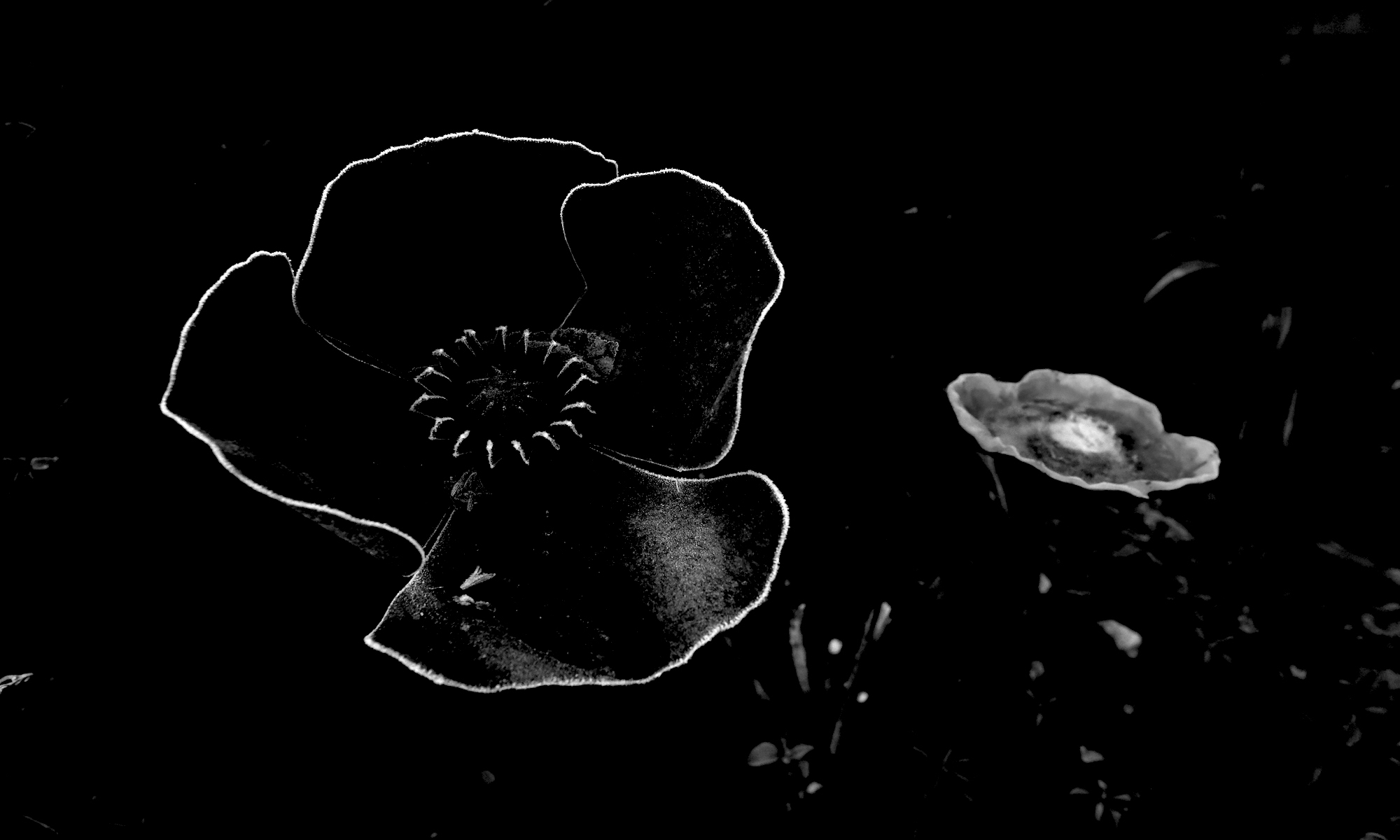For coaching services, please visit alinegiordano.com.
Photographing bands playing onstage has always been a privilege. My photographic practice was anchored in the fanzine ideology of ‘a refusal to be passive’. It represented the self through the lenses of authenticity, immediacy, imperfection and urgency. I had hoped that my photographic outputs worth decades of music fanzine ethos would open up the democratic conversation inherent to the fanzine subculture. I had dreamed that by representing those at the margins through words and photographs I would actively participate in the re-writing of the history of popular music – and thus challenge its dominant representation. In 2012, I – an adopted Korean brought up by a French family – travelled to South Korea with my adoptive mother to connect to source. When I came back to the UK I started to see my obsessive photographing of white popular music as a mark of subordination to white hegemonic power. Was I ready to throw away three decades of hard work that earned me the privilege of being backstage and in the photographers’ pit? No. But I came to realise that my practice was restricting in many ways: aesthetically, academically and on a deep personal level. The dream in the awakening self became not just problematic and pointless but also upsetting. I had to walk away from it. Nowadays, I don’t photograph concerts much (if at all).
I still believe in serving those whose voice needs to be heard and defended, and whose differences need to be represented and legitimised. I am just taking a different route – a different praxis. I remind myself of Min Jin Lee, Korean American author, who wrote in The Guardian (12.02.2018): ‘The third kind of Koreans are ones like me, ethnic Koreans from the diaspora who identify with neither republic, because it makes no meaningful sense to do so’.
I resonate with the notion of ‘third kind’ for several reasons. The first one because the adoptee in me read at first: third ‘class’ of Koreans. I have learned to take the voice of the inner adoptee with a sense of wonder as well as to give it my due attention. As I write this she knocks again. I sit with her – my left hand on my chest – I breathe with her, and notice our heart beat faster. Yet I feel calm.
The ‘Third Kind’ reminds me of George Lakoff’s ‘Third Choice’, or the experientialist approach that allows us to bridge the gap between the objectivist and the subjectivist view of truth. I am also reminded of Cellia Whitchurch’s concept of Third Space in UK Higher Education; namely that very territory between academic and professional domains. New forms of Third Space, Whitchurch contends, are likely to continue to emerge. I am ‘sitting with’ the thought. I am tending to the gentle and yet strong sensation in my body as the music of Jónsi pulsates sympathetically around the room. Feet firmly on the ground, eyes closed, I dream again of challenging the dominant narrative and I feel a sense of plenitude.
